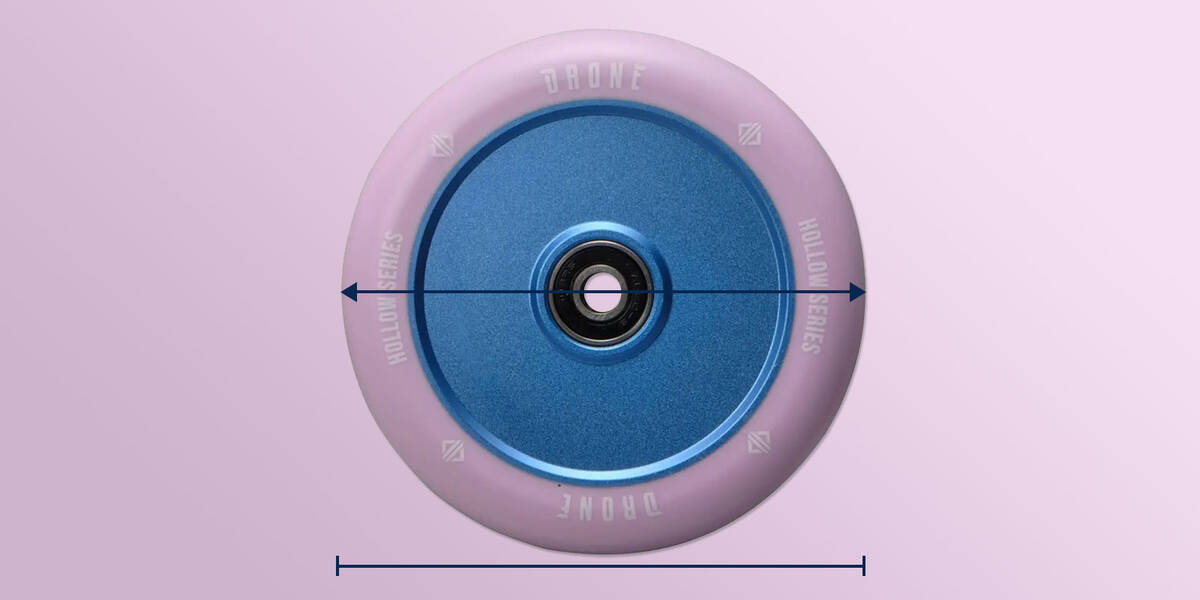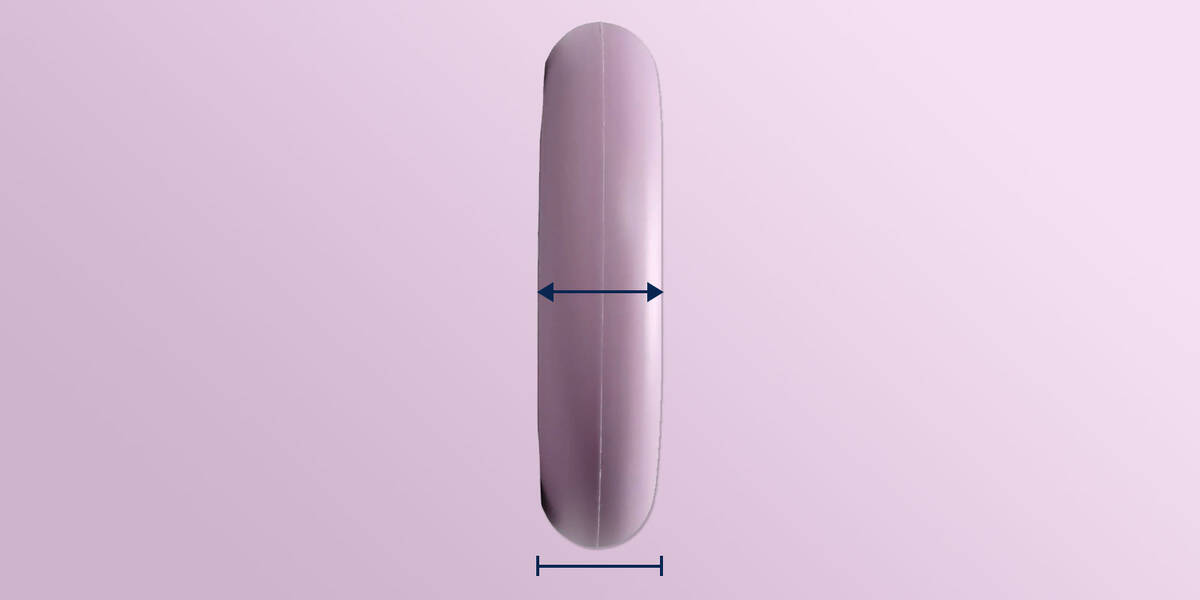Scooter Forks Purchase Guide
Prepare for our in-depth guide to purchasing forks for stunt scooters. We shall explore the crucial aspects to evaluate before opting for a new freestyle scooter fork, such as compatibility, wheel dimensions, wheel offset, and more.
A finely-tuned stunt scooter demands the perfect fork. Scooter forks play a pivotal role in securing the front wheel of your scooter, and their specifications dictate the wheel sizes you can use – covering both width and diameter. Look out for valuable insights on stunt scooter forks!
Overview
Understanding Scooter Forks

The fork traverses the headset and the headtube of your deck. It supports the front wheel, and the compression system, clamps, and bars are positioned on top of it. The fork markedly impacts your complete setup as it governs the wheel dimensions your scooter can embrace.
Contemporary scooter forks are typically crafted from a single piece of aluminium and are strengthened through several heat treatment processes. Steel threaded scooter forks, once prevalent, are now outdated due to their inferior durability and increased weight.
Scooter forks compatible with SCS, HIC, and IHC feature an integrated starnut within the fork tube, with the compression bolt inserted into this starnut during compression system installation.
In contrast, ICS setups differ; here, the starnut resides inside the bar, with the compression bolt secured through the fork's underside before wheel installation. If you are uncertain about your compression system, reviewing our comprehensive guide is advisable:
When selecting a new scooter front fork, weight, wheel dimensions, wheel offset, and compression are the primary factors to consider. This guide delves into these topics thoroughly.
We continually offer premium scooter forks from the leading brands within the industry, and most likely have one to meet your requirements. If you are set to make a decision, we invite you to explore our range of high quality forks for stunt scooters:
Scooter Forks and Wheel Dimensions

When choosing a new fork for your scooter, ensure it complements the wheels regarding diameter and width. Confirm the wheel diameter does not surpass the fork's specified maximum. Additionally, verify the wheel hub's width matches or is smaller than the fork’s permissible size.
Wheel Diameter

Typically, scooter forks are built for wheel diameters of 110 mm, the frequently found size. Yet, numerous forks can support bigger scooter wheels, going up to 125 mm. Simply ensure your wheels do not surpass the fork's capacity to stay safe.
For instance, when employing wheels with a 115 mm diameter, confirm that your fork can handle wheels of that dimension or more.
Wheel Core Width

Scooter forks are tailored for specific wheel widths, generally between 24 to 30 mm. Within this range, you may find scooter wheels with widths of 26 and 28 mm.
Frequently, scooter forks have included spacers, allowing a fork suitable for 30 mm wide wheels to also host 24, 26, and 28 mm wheels by using the correct spacers.
You can mount wheels narrower than the fork's maximum wheel hub width; however, if the wheel is wider (e.g., a 30 mm wheel for a 24 mm fork), it won't be compatible.
Fork Axle Diameter and Length

The typical dimension for scooter wheel axles is 8 mm in diameter, although some forks are compatible with 12 mm axles. The usual bearing size is 608, corresponding to an 8 mm axle diameter. Forks compatible with the 12 standard often include 8 mm adapters, permitting the use of regular 8 mm axles.
The necessary axle length correlates with your scooter fork's width. You'll need an axle at least as long as the fork’s width when measured externally.
What Constitutes a 12 Standard Scooter Fork?
12STD scooter forks are crafted to accommodate wheel axles of 12 mm in diameter. Opt for bearing size 6001 for these larger axles.
A 12-standard stunt scooter configuration generally embraces larger, wider wheels. Typically, 12STD setups provide increased speed, stability, and longevity, though they entail supplementary weight and reduced manoeuvrability.
Numerous 12 standard forks come with spacers enabling the installation of 8 mm axles and standard 608 bearings on the fork.
When shifting to 12STD, bear in mind that, besides the fork, you'll require wheels compatible with 6001 bearings and a deck accommodating the larger wheels and axles. Find what you need in our extensive selection:
Pro Scooter Forks and Wheel Offset

Measured in millimetres, wheel offset is the distance from the fork's turning axis centre to the wheel axle. Wheel offset, also called rake, shows the extent to which the wheel is positioned ahead of the fork.
Wheel offset actively impacts your scooter's steadiness and agility by extending the wheelbase.
A 10 mm wheel offset is prevalent. It boosts stability and steering control, making the scooter easier and more predictable to navigate.
Zero-offset forks are highly nimble and responsive. With zero offset, the front wheel is closer to the rider, granting increased responsiveness. Perform nose manuals effortlessly due to feet being nearer to the ground, improving balance. Foot jams are more straightforward as more of the wheel can be utilised for jamming.
Scooter Forks & Compression Systems
Forks for SCS and HIC compression systems are alike. They incorporate a starnut within the fork tube, into which a compression bolt is threaded. The primary variation lies in the compression components surrounding the forks: SCS uses an SCS clamp, whereas HIC employs an HIC shim.
IHC compression forks, characterised by a narrower fork tube, cater to riders focussing on reducing their overall setup weight. Often, IHC forks represent the lightest scooter forks available.
- SCS Scooter Forks: Standard & oversized bars without slits and oversized or standard-sized SCS clamps
- HIC Scooter Forks: Oversized bars with slits and oversized non-SCS clamps
- IHC Scooter Forks: Standard-sized bars and standard-sized non-SCS clamps
With ICS and ICS-10 compatible forks, the compression bolt is installed from beneath the fork and inserted into a starnut inside the bars. Although ICS setups aren't regularly found in custom-built scooters, they're renowned for their extreme lightness compared to other compression systems.
Should you have queries about fork compatibility, these guides may be beneficial:
